About Publications Library Archives
heritagepost.org

Preserving Revolutionary & Civil War History

Preserving Revolutionary & Civil War History
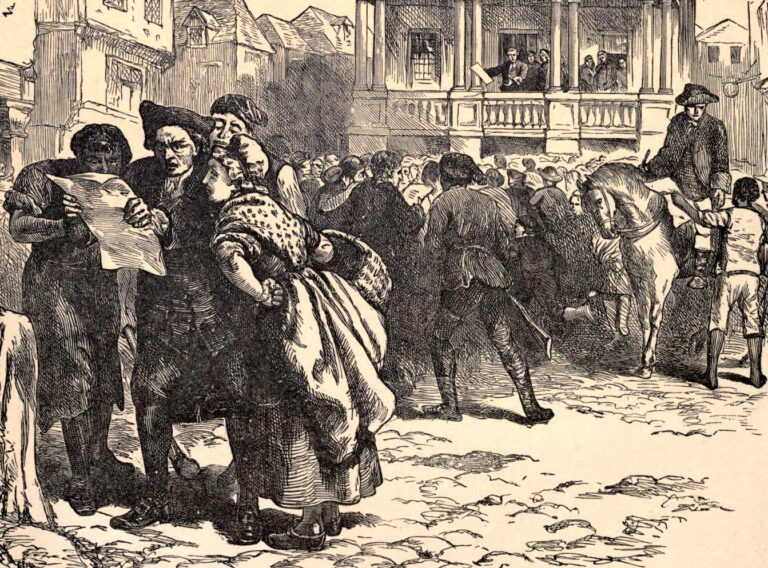
Date:1765 Annotation: Parliament approved the Quartering Act, requiring colonial governments to put up British soldiers in unoccupied buildings and provide them with candles, bedding, and beverages. When the New York Assembly resisted, the British governor suspended the assembly for six months. Document: An act to amend and render more effectual, in his Majesty’s dominions in America,…
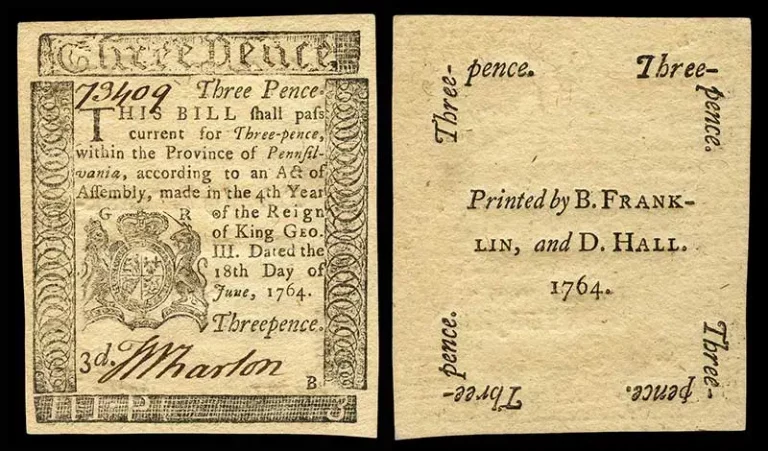
Date:1764 Annotation: The Currency Act prohibited colonial governments from issuing paper money and required all taxes and debts to British merchants to be paid in British currency. Document: WHEREAS great quantities of paper bills of credit have been created and issued in his Majesty’s colonies or plantations in America, by virtue of acts, orders, resolutions, or votes…
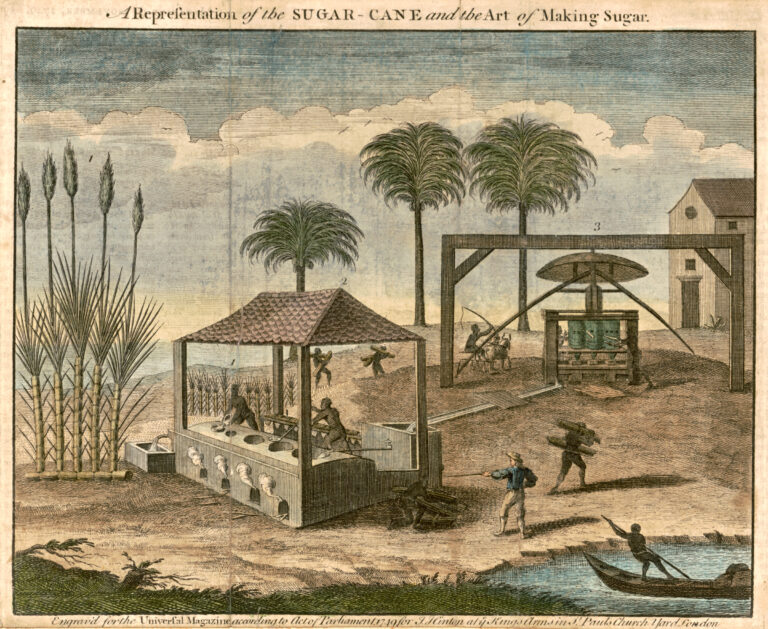
Date: 1764 Annotation: To maintain the army and repay war debts, Parliament decided to impose charges on colonial trade. It passed the Sugar Act, imposed duties on foreign wines, coffee, textiles, and indigo imported into the colonies, and expanded the customs service. Britain required colonial vessels to fill out papers detailing their cargo and destination.…

Author: King George III Date:1763 Annotation: In 1773, Benjamin Franklin (1706-1790) published a brief history of the British government’s actions during the preceding decade. Its title: Rules by Which a Great Empire May be Reduced to a Small One. Beginning in 1763, successive British ministries made a series of political missteps that gradually stirred the…
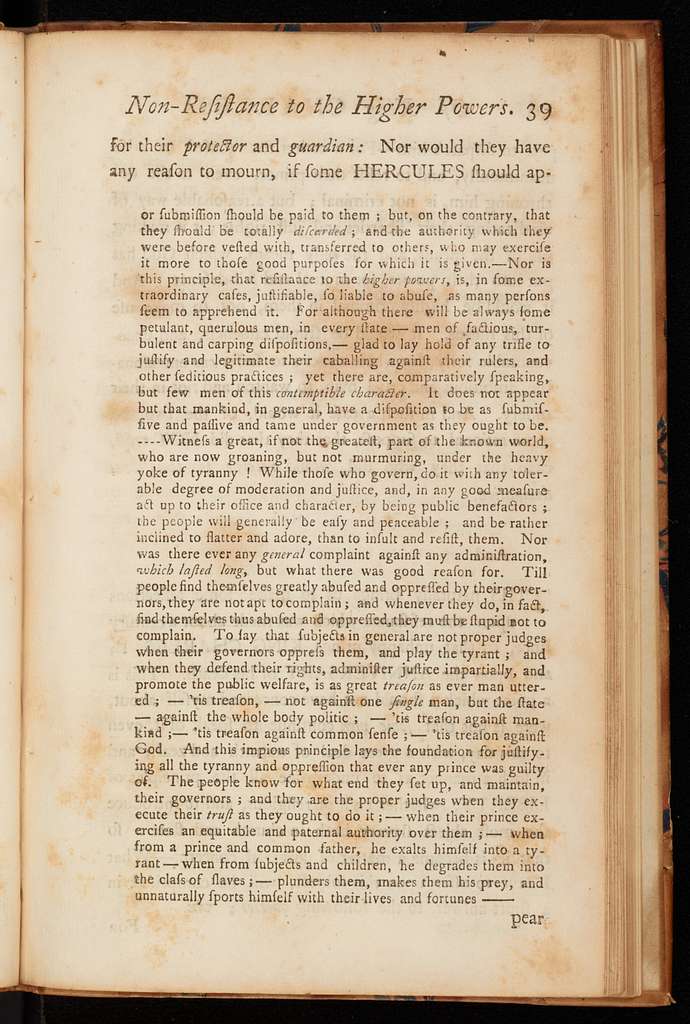
Document: Let us now trace the apostle’s reasoning in favor of submission to the higher powers, a little more particularly and exactly. For by this it will appear, on one hand, how good and conclusive it is, for submission to those rulers who exercise their power in a proper manner: And, on the other, how…
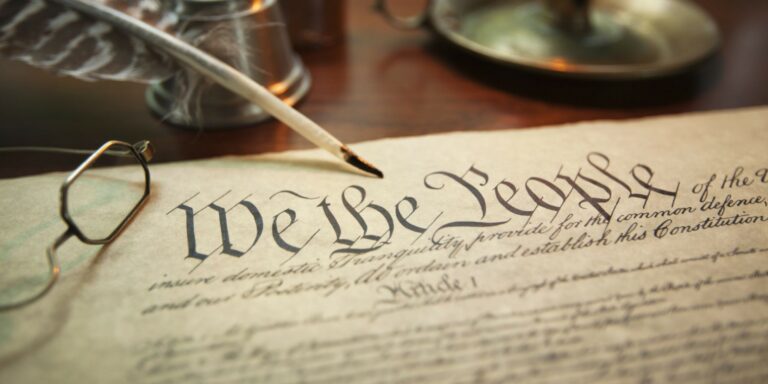
Revolutionary Documents Letters, Legislation,Acts, Congress & Documents
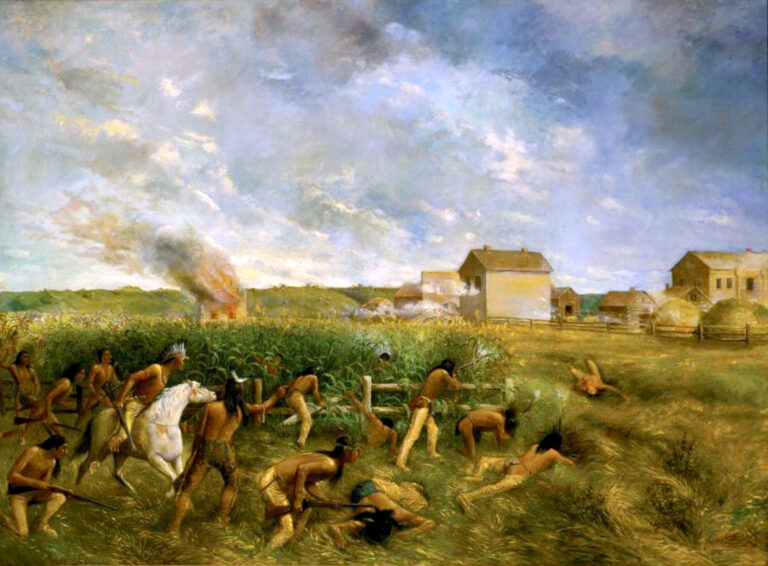
Author: Big Eagle Date:1894 Annotation: During the summer of 1862, Indian warfare broke out in southern Minnesota that left between 400 and 800 settlers and soldiers dead, and provoked military action against the Sioux in the Dakota Territory. In this extract, Big Eagle describes the uprising’s causes, including hunger, official corruption, and delayed annuity…
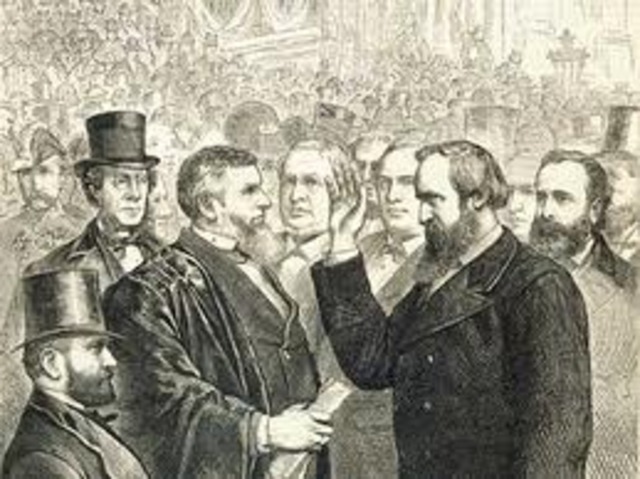
Author: Rufus Saxon Date:1866 Annotation: Major General Rufus Saxton commanded the area that included Georgia’s Sea Islands and later became the Freedmen’s Bureau’s assistant commissioner for Florida, Georgia, and South Carolina. This selection, from his testimony before Congress’s Joint Committee on Reconstruction in 1866, offers his assessment of the freedmen’s aspirations and the former…
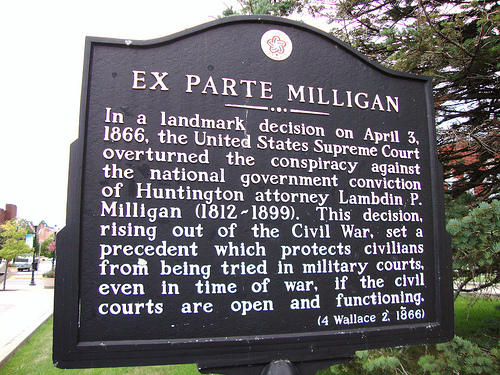
Date:1866 Annotation: Supreme Court ruling on the power of the federal government to institute martial law. During the Civil War, President Lincoln, concerned that Southern sympathizers might weaken the war effort in the North, instituted commands that placed civilian areas under military control and imposed martial law. These orders allowed the military to arrest and…
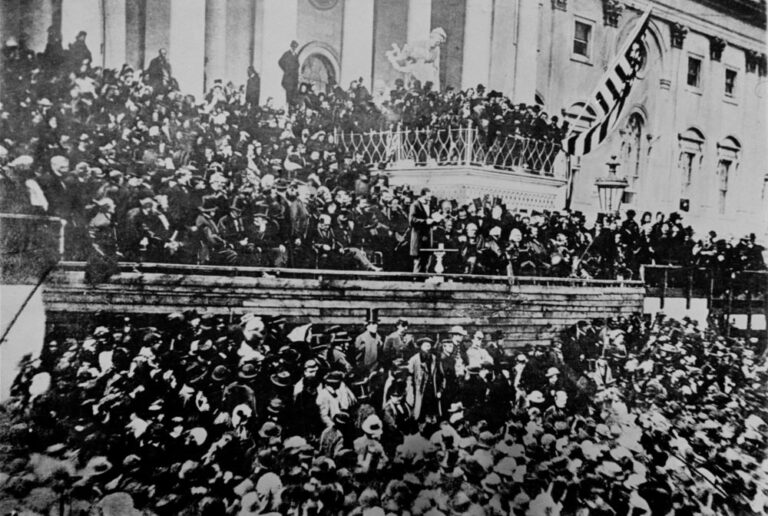
Author: Abraham Lincoln Date:1865 Annotation: Lincoln’s Second Inaugural address. On March 4, 1865, President Abraham Lincoln gave his second inaugural address. Eerily, John Wilkes Booth and other conspirators involved in his assassination attended the inauguration. In a little more than a month after Lincoln gave this speech, he was assassinated by John Wilkes Booth.…